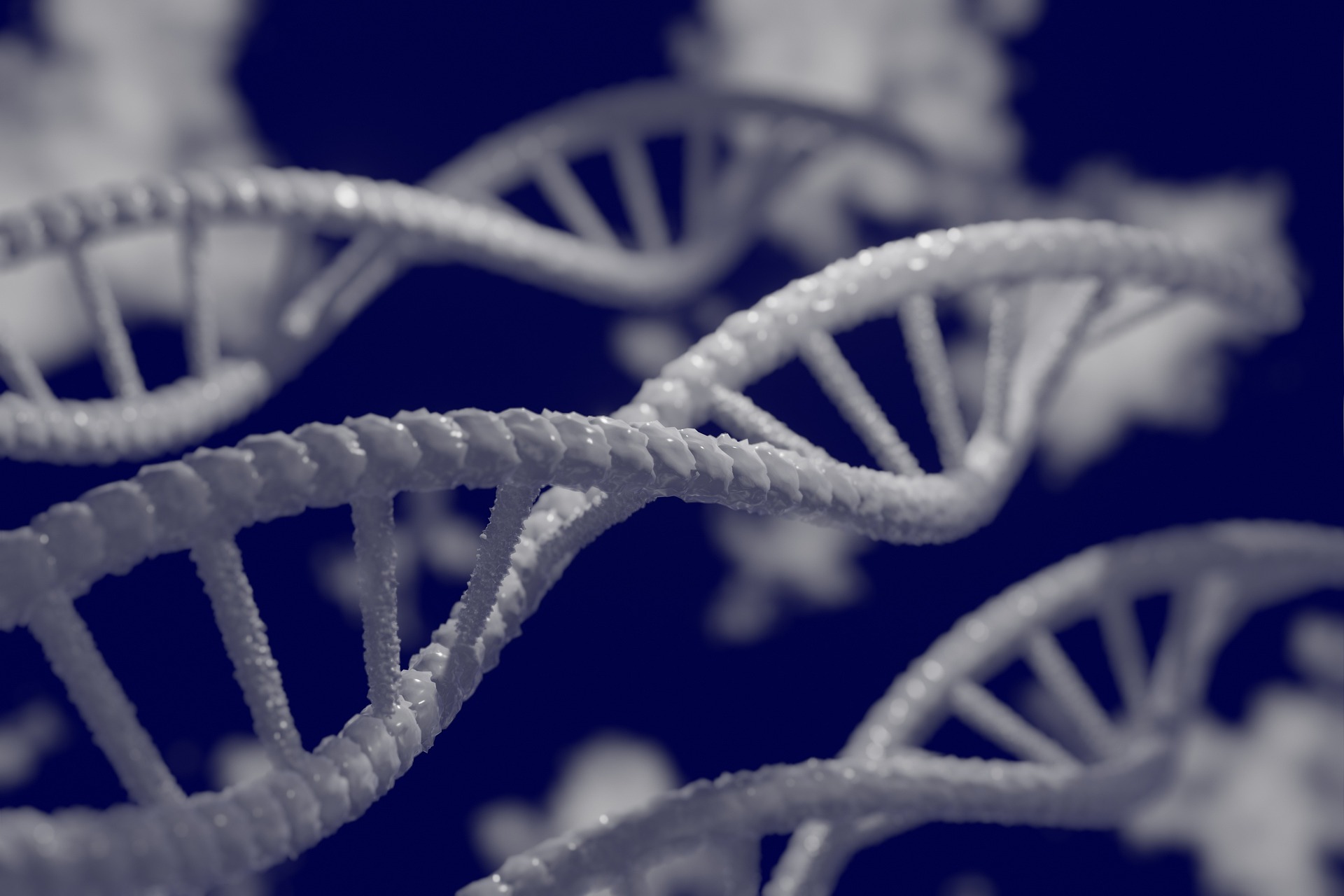Legal and ethical aspects of personal genomics across countries
Personal genomics raises legal and ethical questions that vary widely across jurisdictions, affecting how genetics and ancestry information is collected, stored, and used. This article outlines cross-border differences in privacy, interpretation, and health-related implications to help readers understand the regulatory landscape.

Personal genomics—covering genetics, sequencing, ancestry, and health-related markers—has expanded rapidly, bringing legal and ethical issues into sharper focus across countries. Differences in privacy laws, data retention, and the interpretation of variants can affect individuals’ heritage and health information in meaningful ways. This article surveys common regulatory approaches and ethical concerns while noting how national frameworks shape access to and control of personal genomic data. This article is for informational purposes only and should not be considered medical advice. Please consult a qualified healthcare professional for personalized guidance and treatment.
How do laws address genomics and privacy?
National privacy frameworks vary in scope and enforcement. Some countries treat genomic data as highly sensitive health information with strict consent and storage rules, while others apply general data protection laws with limited genomics-specific guidance. Key legal themes include de-identification requirements, permitted secondary uses, and the role of institutional review boards for research sequencing. Cross-border transfers of genomic datasets often trigger additional safeguards or contractual clauses to meet differing privacy standards, and bioinformatics platforms can complicate jurisdictional control over stored markers and variants.
How is ancestry and ethnicity data regulated?
Ancestry and ethnicity information, used to infer heritage or population origins, sits at the intersection of personal data and culturally sensitive information. Regulations may restrict processing that could lead to discrimination or stigmatization. Some countries emphasize individual consent for ancestry profiling, while others have limited oversight for consumer heritage services. Interpretation of ancestry markers and the communication of ethnicity estimates can vary, so consumers and local services should look for transparent methods, clear limitations, and culturally aware reporting to avoid misleading conclusions about heritage.
What consent and interpretation standards apply?
Informed consent is central to ethical genomics; standards require explaining sequencing methods, likely findings, and limits of interpretation. Consent processes should cover the possibility of incidental findings, future reanalysis of variants, and sharing with third-party bioinformatics tools. Interpretation of variants—especially variants of unknown significance—requires caution: different labs may classify the same variant differently, affecting reported health or carrier status. Many countries recommend written consent for clinical sequencing and tiered consent options for research or ancestry interpretation to respect participant preferences.
How are carrier and health results handled across countries?
Carrier screening and health-related genomics are regulated more strictly in many jurisdictions than ancestry services. Clinical sequencing typically falls under medical device, laboratory, or professional practice regulations, with requirements for certified labs and qualified interpretation. Policies vary on reporting carrier status, actionable health variants, and newborn or prenatal screening. Pharmacogenomics results used to guide medication choices may be integrated into clinical records differently by country, and liability frameworks differ for how providers apply genomic information to care decisions.
How does pharmacogenomics interact with bioinformatics systems?
Pharmacogenomics relies on reliable sequencing, variant annotation, and robust bioinformatics pipelines to translate markers into actionable guidance. Regulatory focus often targets the validation of sequencing platforms and the transparency of bioinformatics workflows that produce interpretation. Cross-border use of reference databases and variant interpretation tools raises questions about provenance and standardization: algorithms trained on one population may perform poorly for other ethnicities, affecting the accuracy of pharmacogenomic recommendations. Standards for documentation, auditability, and versioning of bioinformatics pipelines help to mitigate interpretive risks.
What are cross-border data sharing and variant transfer issues?
Sharing genomic datasets internationally supports research but raises legal and ethical challenges. Transfer rules can require standard contractual clauses, data transfer agreements, or adherence to specific adequacy decisions. Concerns include re-identification risks from shared markers, differing re-contact rules for participants, and variable policies on long-term storage. Individuals seeking services in your area should inquire about where sequence data is stored, how variants are annotated, and whether data may be shared with foreign research partners, since local services operating across borders may be subject to multiple legal regimes.
Balancing individual rights, research needs, and clinical benefits requires ongoing updates to law and practice. Regulators, laboratories, bioinformatics developers, and civil society are refining consent models, data-sharing frameworks, and interpretation standards to reduce harm and improve clarity for consumers and patients. Awareness of national rules, transparent reporting of methods, and careful interpretation of ancestry and health-related variants can help individuals make informed choices when interacting with personal genomics services.






